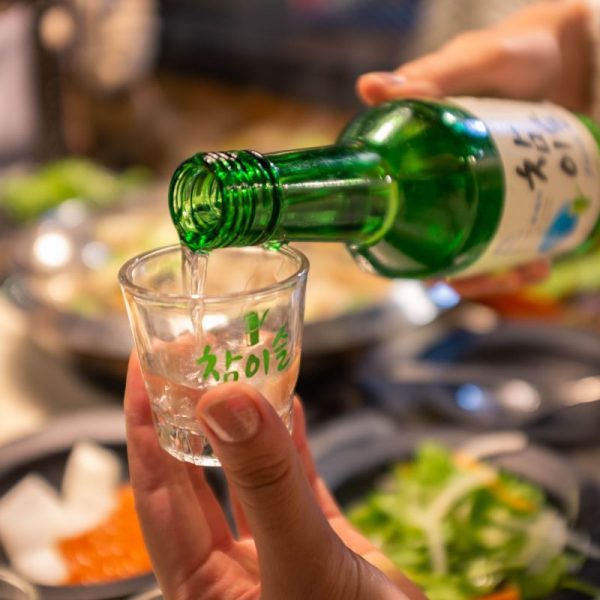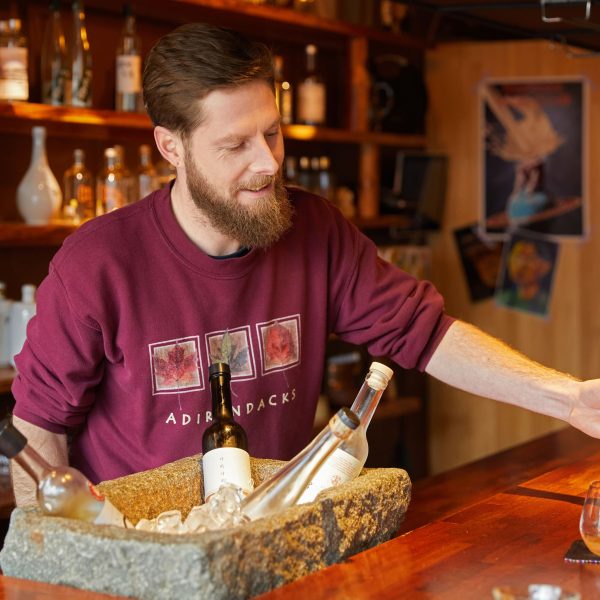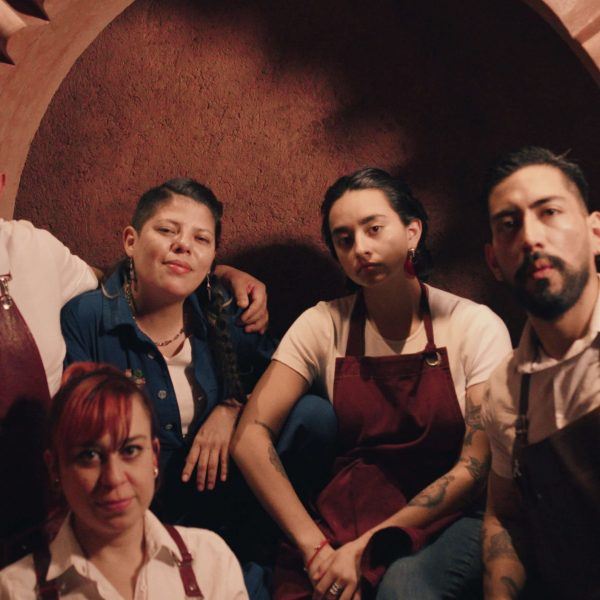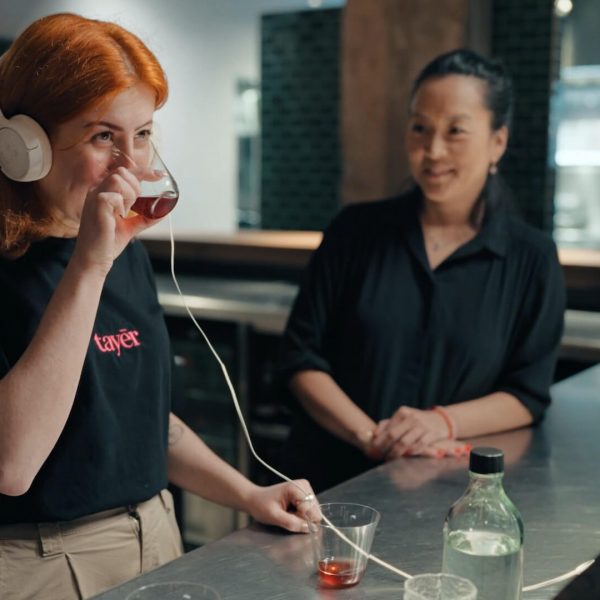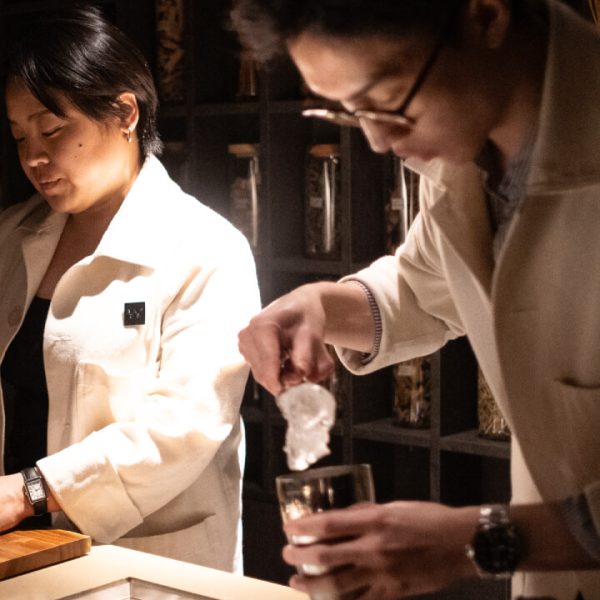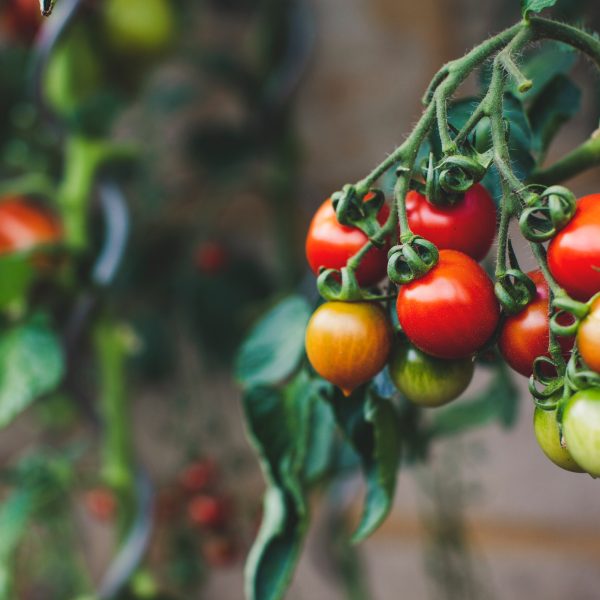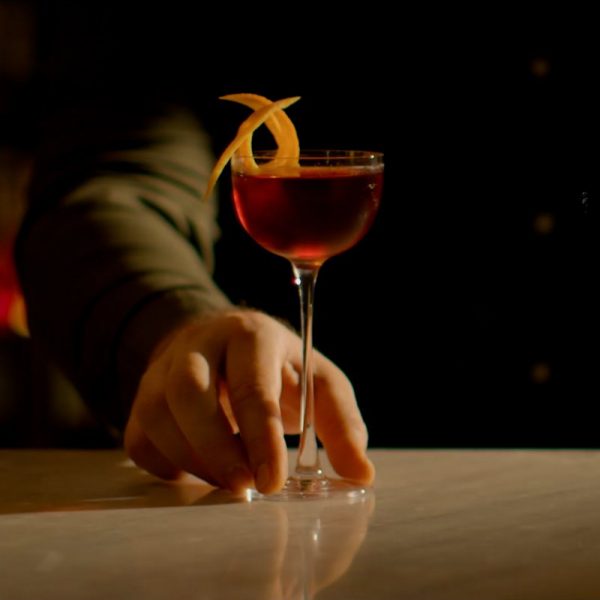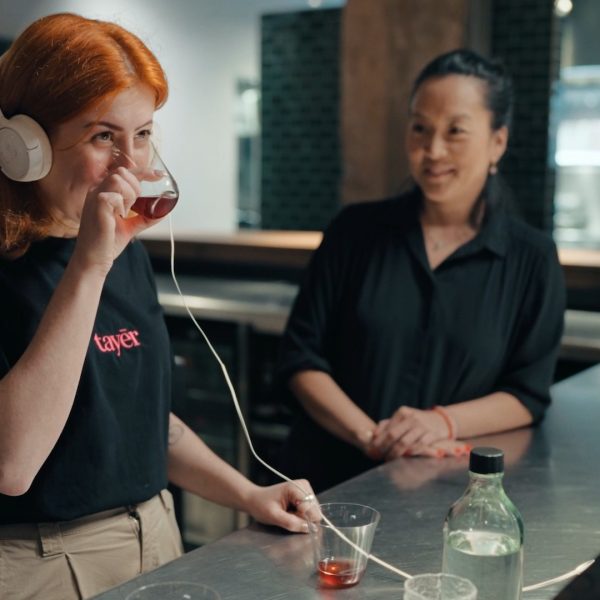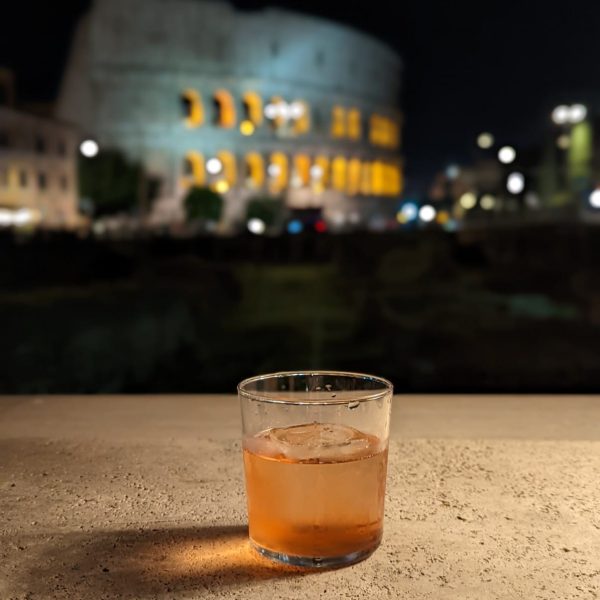The Ritual of the Aperitivo

The ritual of Aperitivo is intimately connected to the history of Campari. But the word goes back much further. Aperitivo is derived from the Latin noun aperitivus meaning that which opens the path to digestion and the verb aperire “to open”. Strictly speaking, it’s definition is a substance suitable for stimulating gastric acids, consumed to encourage the appetite before a meal.
To talk about Aperitivo is to talk about the roots of Italian socialising. It is now one of the most well known, and appreciated rituals of bar culture in the world and each local culture has its twist. But there are a few core meanings to the tradition that remain universally shared. First, is Aperitivo – the Beverage, a category of alcoholic cocktails that share a bitter flavour and stimulate the appetite.
Second is Aperitivo – the Time, a joyful moment between work and your evening meal to break form duties, meet your friends and relax. There is no set time, it is more organic – a moment of lightness and happiness shared with those you love And third, is Aperitivo – the Ritual, a harmonious mix of conversation, delicious Aperitivo cocktails and ideally some appetising finger food.
Aperitivo can be summed up very simply:
Taste: Bitter or bitter-sweetness
Colour: Red or Orange
Food: Small, to share
Mood: Happiness!
Although it is not universal, food-pairing plays an important role in completing the Aperitivo experience. It is also a way for bartenders to express their creativity without altering classic aperitivo drinks, such as an Aperol Spritz. Now, A classic is a classic when throughout time consumers appreciate and desire that same unique flavour suggesting creative food paring is an alternative way to differentiate a signature Aperitivo cocktail serve from other venues.
In Veneto, for example an Aperol Spritz is often paired with cicchetti. During Aperitivo, you can expect all kinds of different finger food simple like small cubes of tramezzini, pizza or cheese; a slice of prosciutto wrapped around a grissino bread stick or raw vegetables served in “pinzimonio”.

